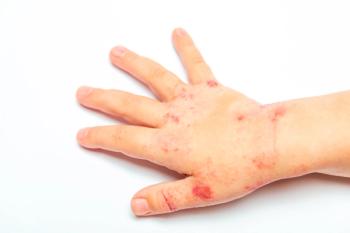
Treating Patients with Trichotillomania and Other Related Behaviors
Dr Jon E. Grant talks about the genetics, neurobiology, and cognitive processes of body-focused repetitive behaviors, which include trichotillomania, skin picking, and other behaviors.
Body-focused repetitive disorders (BFRBs) occur in both adults and children and are often the cause of much suffering and persistent, long-term anxiety. These disorders are often hard to treat and manifest themselves as hair pulling (trichotillomania), pathologic skin picking, thumb sucking, nail biting, and other behaviors.
What progress has been made in treating patients with trichotillomania and other related BFRBs? The need to resolve this dilemma has led to more targeted research and effective treatment options. Here, Dr Jon E. Grant, MD, MPH, JD, talks about the genetics, neurobiology, and cognitive processes of these BFRBs.
Dr Grant is Professor of Psychiatry at the University of Minnesota in Minneapolis and co-editor of the book,
Treating Patients with Trichotillomania and Other Related Behaviors
Reference:
1. Grant JE, Stein DJ, Woods DW, Keuthen NJ. Trichotillomania, Skin Picking, and Other Body-Focused Repetitive Behaviors. Arlington, VA: American Psychiatric Publishing, Inc.; 2012.
Newsletter
Access practical, evidence-based guidance to support better care for our youngest patients. Join our email list for the latest clinical updates.








